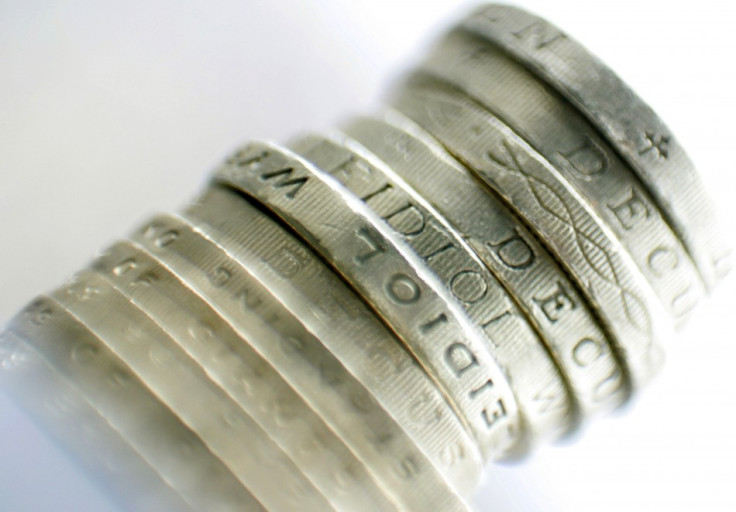UK Inflation Rises to 3.5% in March

UK inflation (CPI) has risen to 3.5 percent in March ending a five-month decline, which will raise eyebrows over the Bank of England's forecast that it will hit the government's 2 percent target by the end of the year.
Rising food prices helped push inflation back up, as did the increasing cost of clothes and leisure activities. Downward pressures came from fuels and transport, the ONS said.
"Persistently high inflation is bad news for UK households, as the rising cost of living erodes real incomes for a third year," Rob Harbron, economist at the Centre for Economics and Business Research (CEBR), said.
"With a fragile labour market and wage growth set to remain slow over 2012, weak domestic demand from consumers is likely to constrain UK growth prospects.
"CEBR still forecast inflation to fall over 2012 but at a much slower pace than previously thought - the headline rate is expected to stay above the Bank of England's 2 percent target rate for the rest of the year."
Inflation in February was 3.4 percent. It peaked in September at 5.2 percent and has fallen back since.
Two of the nine member of the Bank's rate-setting Monetary Policy Committee have already raised doubts about the forecasts for the year.
Spencer Dale, executive director and chief economist at the Bank, and Martin Weale, an external member of the MPC, have both cautioned over the predictions.
This inflation rise will further add to the case against the MPC increasing the Bank's quantitative easing (QE) programme at its May meeting, with fears it would erode any progress in pulling inflation down.
The Bank's QE target for the "asset purchase facility", which sees it buy up Gilts in order to improve liquidity in the markets, is £325bn after two rises pushed it up from its original September 2009 target of £200bn.
Interest rates are at their record-low of 0.5 percent.
Rising unemployment, government austerity measures, high energy bills, stagnant wages, and weak economic growth have hit the UK population hard.
Some argue that in the absence of government spending the only path to economic recovery is through monetary stimulus from the central bank, though others say this will drive inflation up and hurt people's savings while pushing up prices.
However a recent report by global accountancy group Ernst & Young praised central bank action and blasted businesses for hoarding cash they had been gifted by stimulus, rather than investing it in growth.
© Copyright IBTimes 2025. All rights reserved.






















